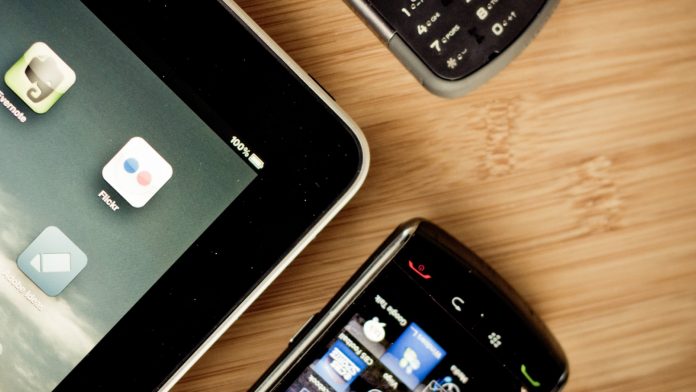
If you went back in time and grabbed someone from a hundred years ago, then showed them the technology that’s available today, imagine how astonished they would be. If you had your smartphone, you could explain how you can find information on virtually any topic with a quick Google search. You have all human knowledge right there in your pocket, ready to utilize at any time.
While the devices we have today are amazing, you should still follow security protocols to ensure no unauthorized individual gains access to them. You don’t want someone to steal one of your devices, gain access to a place they shouldn’t go, or learn any sensitive data if identity theft is their goal.
Let’s talk about a few devices you might own and what you can do to protect them.
Your Laptop, Desktop, or Tablet
If you use a desktop or laptop while you’re at home, you probably don’t need sophisticated IT security services to keep it safe. If it’s password-protected, and it never leaves your house, it’s not likely a thief can access it.
However, if you decide to take your laptop with you and work somewhere public with it, like a library or coffee shop, that’s when you should be a little more careful. The first thing to do is never access your bank accounts or pay bills when you’re on a public Wi-Fi network. It’s possible that someone could steal your account login information.
You should also use a VPN. A virtual private network flawlessly extends a private network that goes across a public one.
A user can receive or send data across a public network that way as if you’d connected the laptop directly to the private network. This way, you can feel a lot better about sending emails and so forth in a public setting.
Your Smartphone
Your smartphone probably already has some excellent security features in place, particularly if you have an iPhone or a high-end Android device. Still, the one thing you can do that’s sure to block hacker attacks is to never jailbreak your phone.
The reason people want to jailbreak phones is that they want to use non-native apps on them. In other words, you might jailbreak a phone because you want to run some Android apps on an iPhone, or vice versa.
If you jailbreak a phone, that makes it much more vulnerable than it was before. It’s better to find an app that’s similar to the one you want to use, and never tamper with the security features with which the phone came.
Your Home’s Smart Locks
You might decide to replace your home’s old-fashioned key-enabled door locks with numerical combination ones. These are useful because you don’t need to carry your keys anymore once you install them.
One issue you might run into with these is that a clever thief might be able to break in if they ascertain the numerical code. It’s not likely, but it’s possible.
You should change the numerical code every few months. That way, even if someone is watching the house, you can stymie them if they decide to try and break in when no one is around. Changing the code every 3-6 months is never a bad idea.
Your Home’s Security Cameras
You can also install security cameras at your home if there’s crime in your area. There are inexpensive ones now, like Blink and Arlo, that are ideal for outdoor use.
The only possible issue with those is that someone might disable them if you leave them close enough to the ground that a thief can knock them down or obscure the lens. They can block the camera so that when they break in, you won’t have images to show the police.
You can prevent this using the camera’s smartphone app. There is one that comes with each camera setup. You download it for free, and then you can monitor the camera using it.
If the camera’s status changes, like if it disconnects from your Smart Home hub, the app will tell you. That indicates that either something has knocked the camera down, like a bird or squirrel, or else that someone is breaking in.
The more devices and technology we introduce into our lives, the more convenient it is. However, you should also understand these devices’ limitations. That’s the best way to use them so they remain a lifestyle advantage rather than a liability.